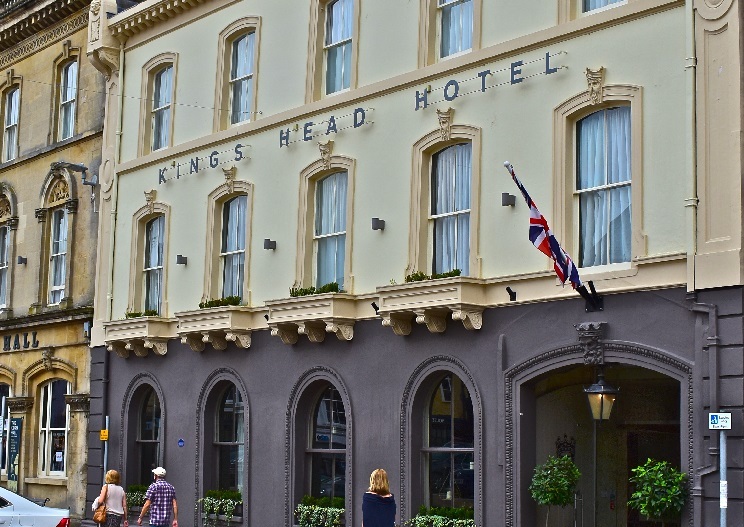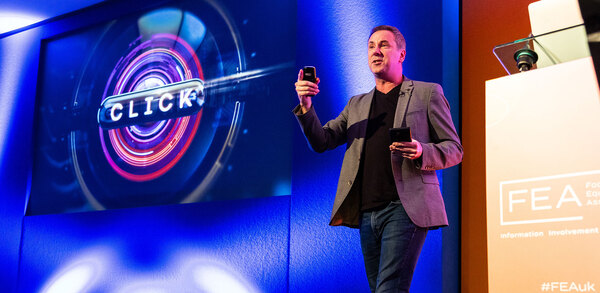Sponsor news: Accor PLANET 21 – a global strategy for sustainability
PLANET 21 identifies 21 areas of Accorâs activity where improvements will be made, each with a specific policy for action and a measurable goal. The global undertaking will involve all of the Groupâs 145,000 employees and many millions of its guests.
PLANET 21 encompasses a broad spectrum of activity. Targets to be met by 2015 include:
- A 10% cut in energy consumption across all owned and leased hotels
- A 15% cut in water consumption across the same hotels
- Training in disease prevention for at least 95% of employees
- The use of eco-label products in at least 85% of hotels
- The promotion of healthier meals on menus in at least 80% of hotels
- The removal of endangered seafood species from all menus
Accor runs 4,400 hotels, from the inexpensive to the luxurious, in 90 countries around the globe. PLANET 21âs goals have been set with this broad diversity in mind.
"Accor has a strategy of expansion and intends to become the undisputed leader in the global hotel industry, but we are reaffirming our commitment to achieving growth only in a responsible manner,â said Denis Hennequin, Chairman and Chief Executive Officer of Accor. âWith the PLANET 21 programme we are putting sustainability at the core of our business strategy, and social responsibility at the heart of our development and innovation. I am convinced that PLANET 21 will prove to be a powerful driver of competitiveness for our brands, increasing our appeal among our customers and partners and improving loyalty among our employees.â
The name PLANET 21 was chosen to echo Agenda 21, an international sustainability accord signed in Rio de Janeiro in 1992. The title reflects the urgent need for action in the 21st Century to protect the ecosystems that make our planet habitable.
The Accor Group established an Environment department in 1994, and has since adopted many sustainability measures. Already, at the start of 2012:
- 93% of hotels actively monitor water use and 88% employ flow regulators in showers and taps
- 91% of hotels sort and recycle harmful waste batteries and fluorescent lamps
- 68% of hotels use eco-label products for cleaning and decoration
- 62% of hotels offer balanced dishes on their menus
To achieve the further improvements set out in PLANET 21, Accor must motivate not only its own employees but also its customers. Guests will have the opportunity to discover a diverse array of educational messages at every stage of their stay, from booking a room to checking out. The tone will be consistently friendly and thoughtful, designed to encourage participation without making guests feel guilty. Before displaying such messages, hotels must first comply with a 65-point checklist, ensuring improvements to internal processes are made first.
Accor believes that a well-intentioned, best-guess approach to sustainability is insufficient for a company of its stature. Prior to drawing up PLANET 21, the Group invested in unprecedented research carried out by noted consulting firm PwC. A global first, the research measured the impact of Accorâs hotels around the world, including building and refurbishment work. The results overturned many assumptions, revealing that hotel kitchens consume vastly more water than their laundries, for example. A separate study recorded attitudes to sustainability among international hotel customers, as well as the growing importance of the topic. Together, the two research projects put Accor in a unique position to make improvements based on firm facts.
Sophie Flak, Executive Vice President for Sustainable Development and Academies at Accor, said: âToday, 70 per cent of our major-account customers include sustainability among their criteria for appointing suppliers, and half of our customers apply this policy when choosing hotels. That is one reason why we believe it is important and appropriate to involve our customers in PLANET 21. We each have a responsibility to improve our activities, but by working together we can achieve more for ourselves, for society and for the environment.â
One of the important goals of PLANET 21 is the preservation of ecosystems, an activity pioneered by Accor through its reforestation programme. Two million trees have already been replanted, funded by savings in laundry bills as a result of the informed choices made by guests and employees alike. To accelerate this effort, Accor is drawing on the expertise of Tristan Lecomte, an expert in community reforestation and founder of two hands-on projects: Alter Eco and Pur Projet.
Lecomte said: âPLANET 21 corresponds perfectly to the Pur Projet approach. With the contribution made by their guests, the hotels participate directly in protecting their environment and the development of local communities. My aim is to support development of this scheme by integrating it more closely and more locally in the Group's different business lines.â



















